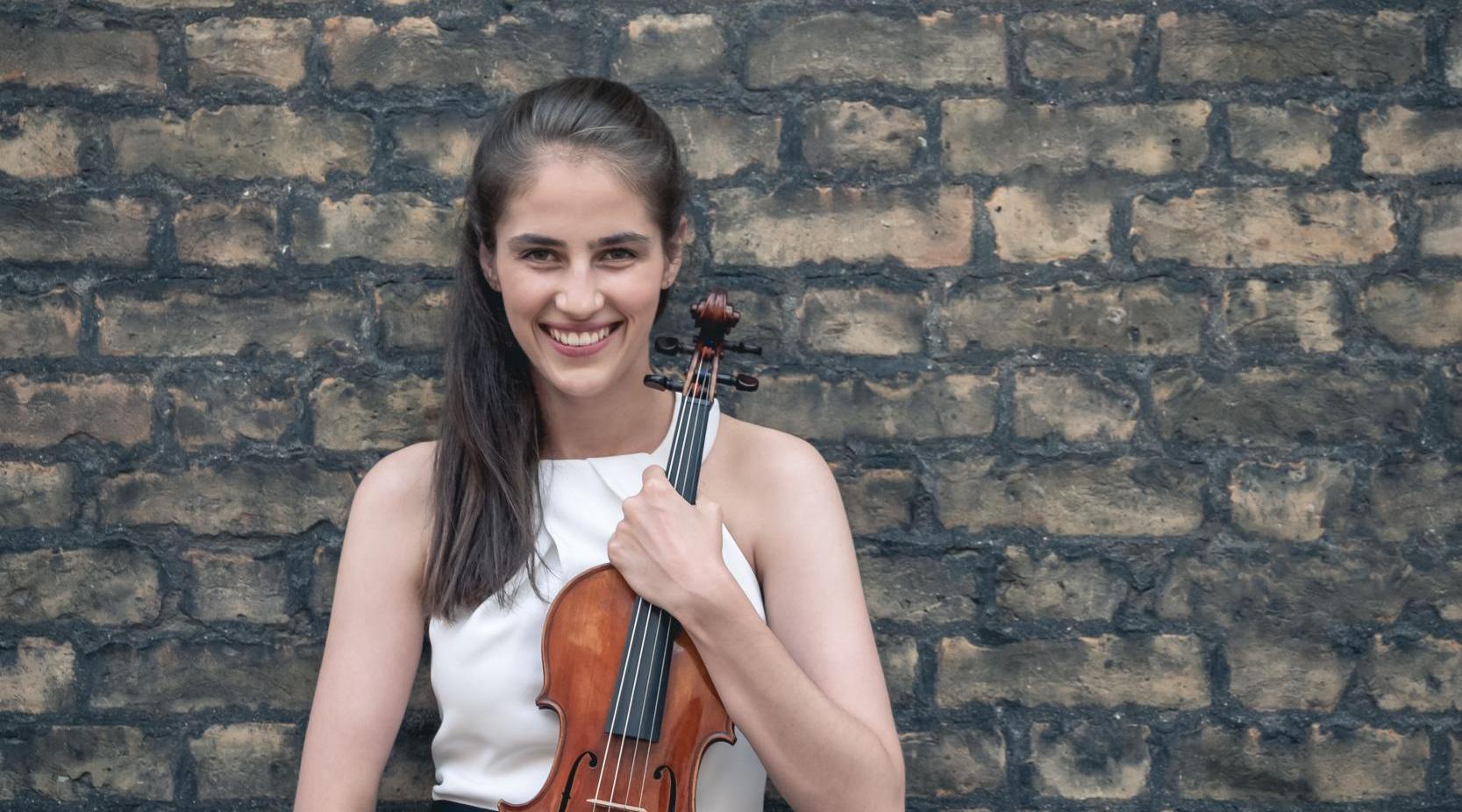Gala Concert La Chapelle - Brahms & Dvořák
Carl Maria von Weber, Euryanthe, Overture
Johannes Brahms, Double Concerto in A minor, Op. 102
Antonin Dvořák, Cello Concerto No. 2 in B minor, Op. 104
Brahms’ Double Concerto demands not one but two brilliant soloists. The violinist and cellist have to be very well matched. With this work, his last great orchestral piece, Brahms sought reconciliation with Joseph Joachim, the violinist for whom he had written his famous violin concerto. Brahms had taken the side of Joachim’s wife when they divorced in 1880. Seven years later, Brahms wrote to Joseph Joachim: “As much as I have tried, I could not resist the urge to compose a concerto for violin and cello … When you send me a letter stating that you have forgiven me, I will know enough.” Joseph Joachim replied quickly and, a few days later, received the manuscript of the Double Concerto. In October 1887, he performed its premiere with the cellist Robert Hausmann and under the musical direction of Brahms.
For a long time, Dvořák did not consider the cello as suitable for a solo role in a concerto: “too nasal in the heights and too mumbling in the depths.” But after attending the premiere of a cello concerto by a fellow composer and cellist in New York, he changed his mind and got down to work. The news that his sister-in-law – with whom he had once been in love – had become seriously ill in Europe, led Dvořák to quote her favourite song, his own composition Leave Me Alone, in the second movement of his cello concerto. The third movement ends on a sigh, after which orchestral hell breaks out momentarily. “Had I known that a Cello Concerto could be so beautiful,” said Brahms following a performance of Dvořák’s cello concerto, “then I would have written one myself!”
James Feddeck, conductor
Julia Pusker, violin
Gary Hoffman, cello (Brahms)
Stéphanie Huang, cello (Dvořák)

